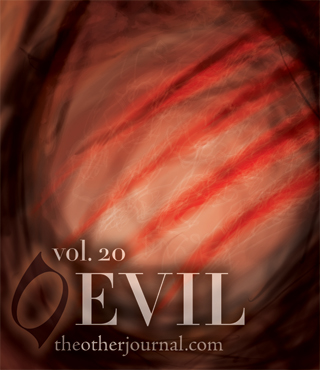Evil in the Classroom: Deception and Desire
Using the Seven Deadly Sins as a template, two college professors explore the impulses which lay at the heart of academic plagiarism.

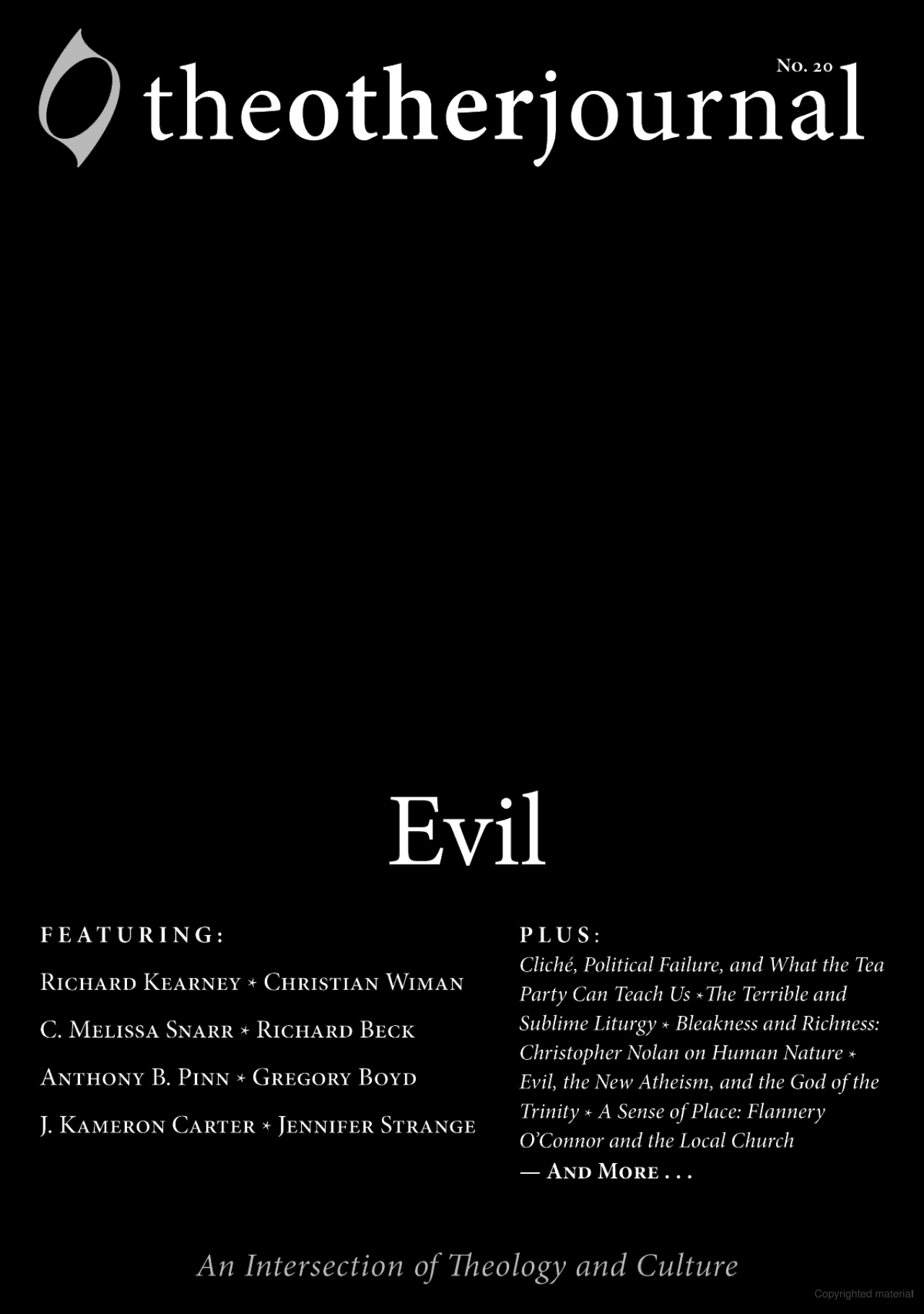
This issue of The Other Journal aims to address the topic of evil, both with regard to its obvious manifestations and its haunting opacity. At times our contributors lament the presence of evil and at times they call us to work against it. At times they analyze the Christian response to evil, critiquing it and offering some correctives, and at times they merely try to bring evil’s more insidious or systemic forms to light. These essays, interviews, poems, and short stories resist easy definitions and explication. They suggest that evil is not always as easy to name as we Christians might think and that we may even, at times, be its willing and unwilling accomplices.
Using the Seven Deadly Sins as a template, two college professors explore the impulses which lay at the heart of academic plagiarism.

In his most recent book, N. T. Wright captures the integration of politics and theology in the Gospels, but his framing of the argument proves problematic on the question of Christianity’s creedal tradition.
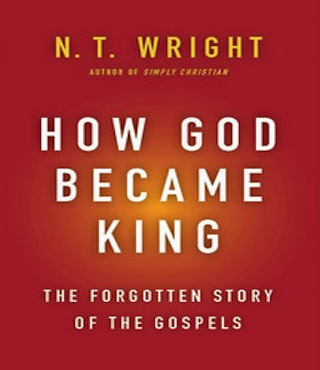
In “Longing,” Maryann Hannan examines the contrast between a psalm’s proclamation of trust and her own unending spiritual desires.

Von Balthasar’s theology of the Trinity provides a compelling framework in which Christians can engage the problem of evil, including its recent formulations by the New Atheism.
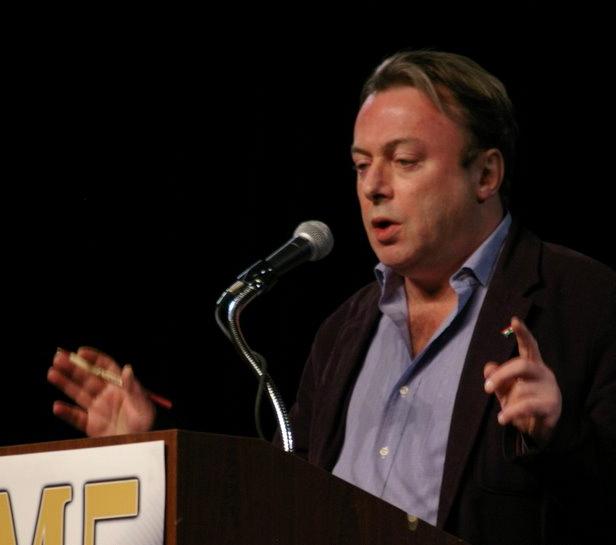
When violence strikes a church on a Sunday morning, it challenges us to question the meaning of hell and the power of love.
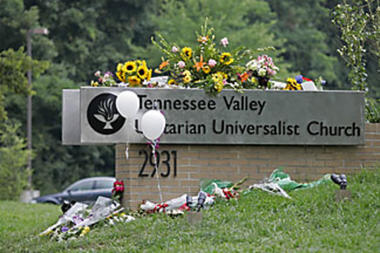
In “Enduring Freedom,” Brian Volck brings us to war-torn Afghanistan, where a mother sees “evidence of things unhoped for: an arm, half a foot, an ear.”
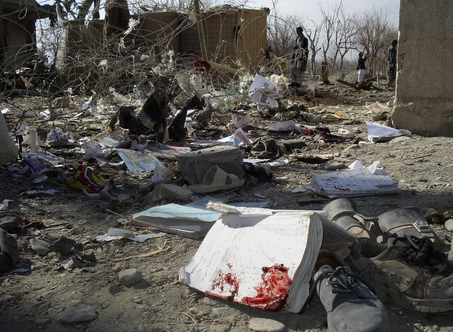
In this piece, Paul Hobbs explores the difference between seeing humanity as interconnected and seeing humanity as a number of disposable and replaceable units.
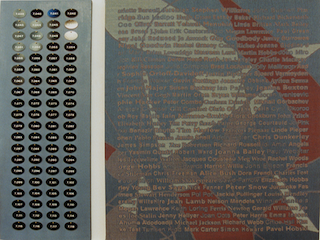
In this article, William Dyrness responds to Robert Covolo and Cory Willson’s attempt to position themselves between theological account of culture and cultural practices outlined in James K. A. Smith’s book Desiring the Kingdom and Dyrness’s book Poetic Theology.

In “The Canyon, Age 8,” the poet Timothy E. G. Bartel describes a certain coming-of-age brush with a minor sin, one that leaves him “tasting his new words.”

In this two-part interview, J. Kameron Carter discusses his current work regarding political theology and the construction of the modern racialized world; speaks about the Obama presidency, the shooting of Trayvon Martin, and the recent Occupy Movement; and reflects on the task of theological education in the wake of modernity.
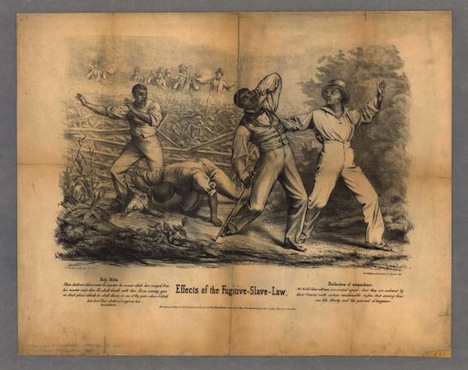
In this interview, Ward contrasts the way evil is used in public discourse with the Christian understanding of evil and then calls on theology to help us imagine a different future.
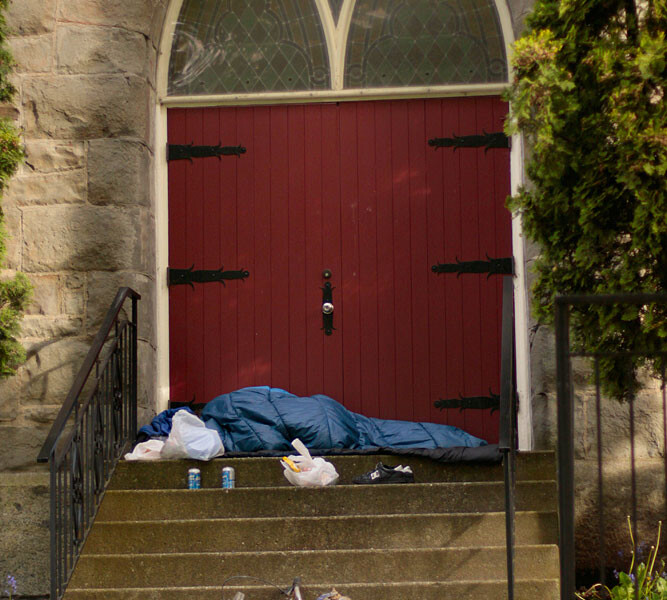
John Totten explores the perceptions of one of the greatest American rock bands, and why they might be evil – but for different reasons than people may think.
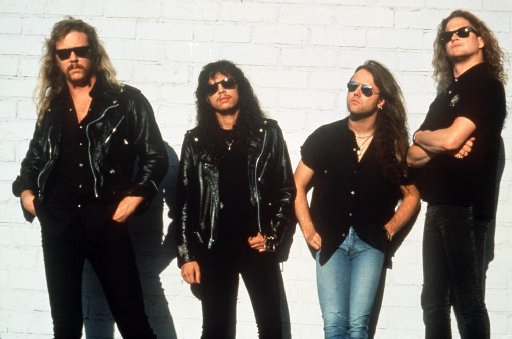
Reverend Elaine Jordan encounters a haunting creature in this poem, a creature whose thin frame and violent actions remind her of a distant, almost-forgotten self.

In this interview Paul Griffiths discusses the contours of a Christian understanding of evil—what it is, what it isn’t, and how Christians can acknowledge it without succumbing to it.
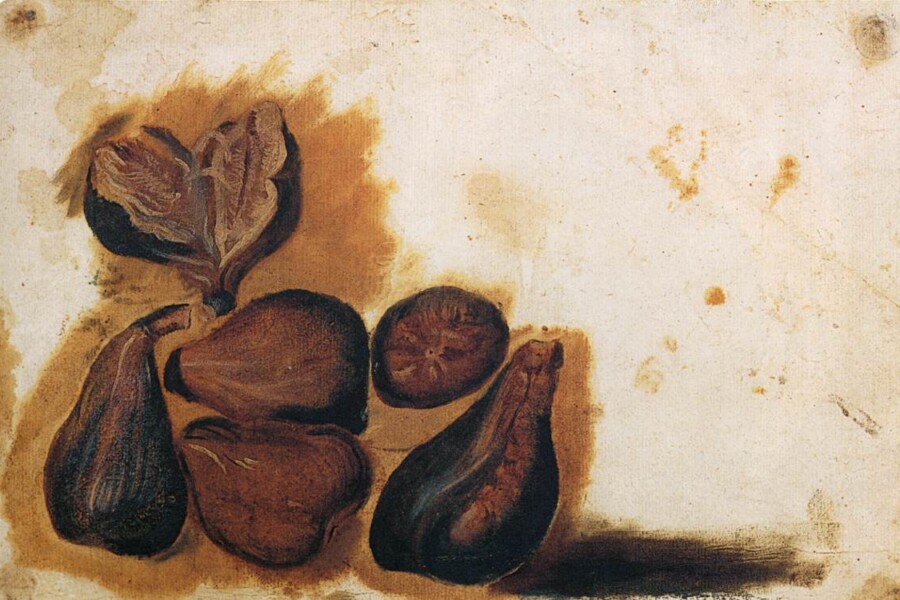
In this interview, Snarr shares insights about the living wage movement and reflects theologically and ethically on the role of religious activism as a response to economic injustice.
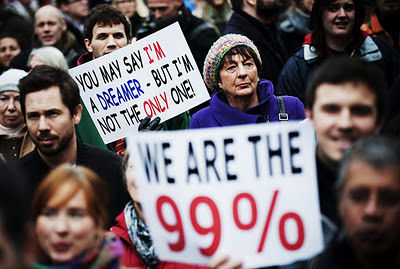
In “O For a Thousand Tongues to Mutter,” Jennifer Strange tracks traces of corruption—a fallen soldier’s body, a swarm of ravenous ants—in the “pale business” of our passage “in and out of life.”
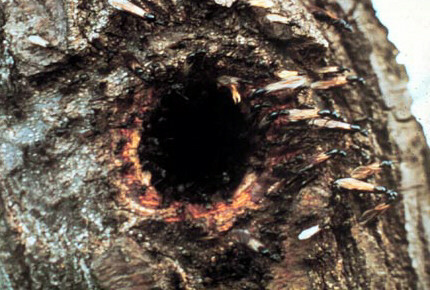
In response to evil Christ-centered lament is a performative action that both acknowledges the evil and injustice present in the world and simultaneously defuses our vengeful feelings by focusing on the sacrifice of Christ.
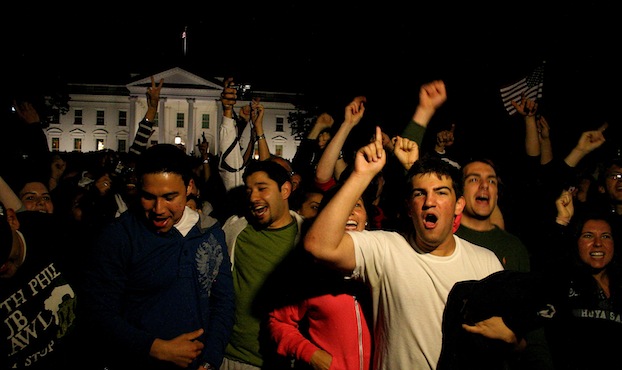
In Luci Shaw’s “Hate Invasion,” anxieties, like crows, “clot” and “colonize” the mind and heart of the poet, who longs for divine answers to earth’s evils.
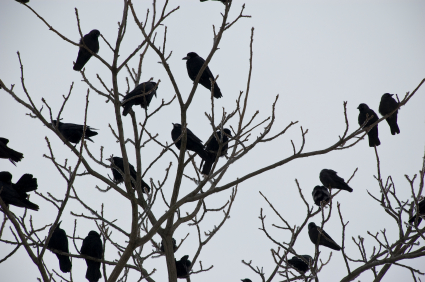
Kevin Austin discusses the evil of modern-day slavery in morphing persons into things, slavery’s prevalence in our own communities, and the future hope for ending slavery through the work of modern-day abolitionists.

From personal faith to social critique, Marilynne Robinson’s When I Was a Child I Read Books presents an incisive, hopeful approach toward understanding culture and loving others.

To illuminate the complex vision of human nature in The Dark Knight, Lauren Wilford traces the development of Director Christopher Nolan’s worldview from his early noir pictures to the Batman films.

In “Sequence,” J. D. Smith offers a startling contrast of nightmarish images—an animal lured for an empty sacrifice and a watery attempt to escape from one’s self.

In this essay, Daniel Boscaljon provides a model for understanding systematic evil through a dis-integration that adds to systems in ways that prevent restoration.
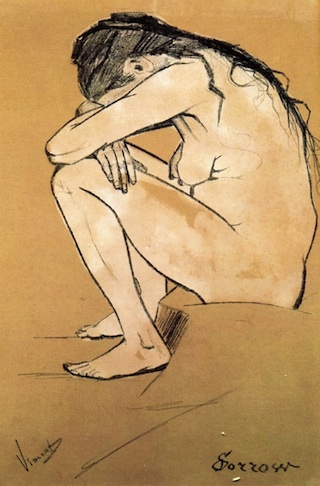
In the timely experiment that is Parish Collective, Paul Sparks and Tim Soerens discuss their attempt to reconnect congregations with both locality and one another in a fragmented and detached society, providing us with a unique vision of what it may mean to be church in the twenty-first century.
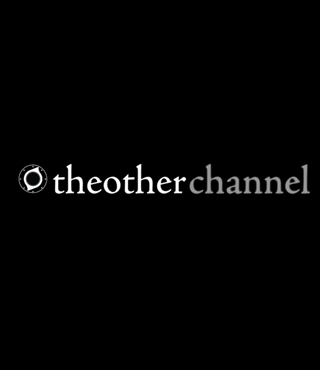
In Kali Wagner’s poem, two mourning women become potters, the dirt of their sons’ graves “dusting the house” of their grief.
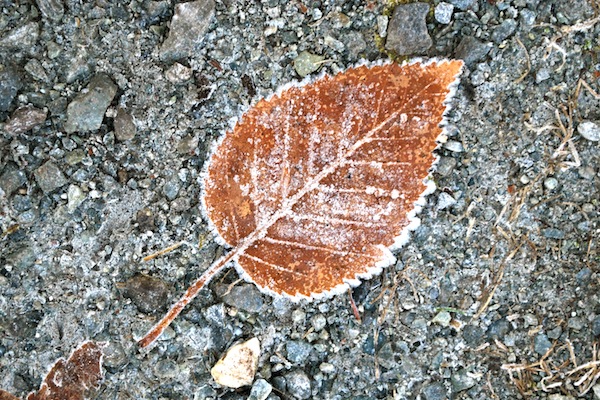
In this interview with Paula Huston, the author and Benedictine oblate discusses how monastic disciplines developed by the fourth-century desert fathers can still be used by contemporary Christians seeking to simplify their souls, particularly in the season of Lent.
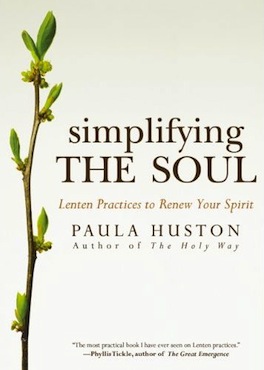
In Part I of this two-part interview, J. Kameron Carter discusses his current work regarding political theology and the construction of the modern racialized world.

In the days when our courthouse was being built, a mason—we don’t know who—came to our village in the night and inscribed a simple phrase on the building’s cornerstone: God’s will be done. We were, at first, outraged that someone had dared to soil our builder’s work, but over the course of generations, the mason’s […]
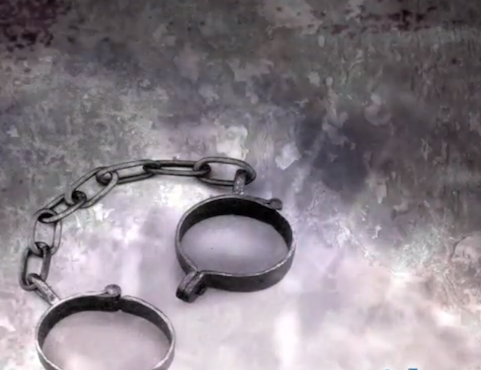
In this essay, David Kline and Dan Rhodes discuss how Christianity can learn from the Tea Party, while at the same time showing how the language of cliché not only distracts us from the real political issues we face but also creates an ersatz sense of certainty that can make us unintentional participants in evil and violence.
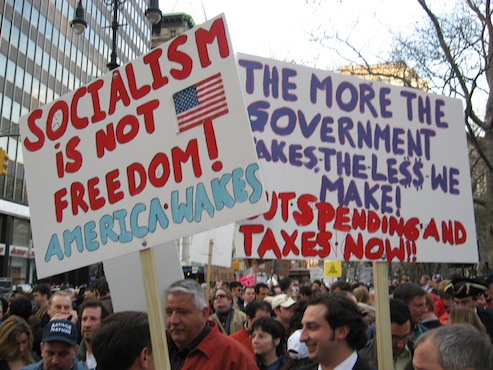
Allison Backous interviews the poet Christian Wiman about his work, his attention to lament and evil, and his perspective concerning the role of spirituality in contemporary American poetry.
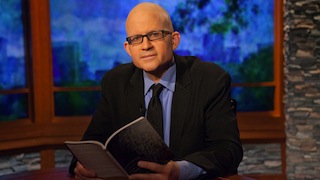
The collapse of a bridge in Minneapolis spurs author Nancy Nordenson to reflect on her family, her story, and pancakes.
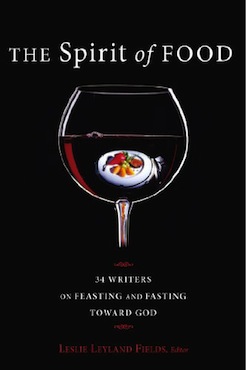
In Part I of a three-part interview, Irish philosopher Richard Kearney discusses the themes of evil, ethics, and the imagination.
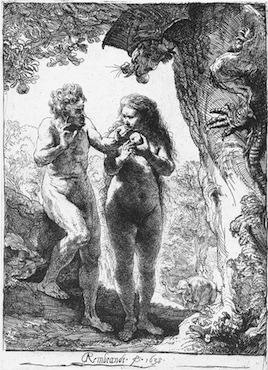
In this adapted excerpt from his part memoir and part theological treatise, The Devil Wears Nada, Tripp York seeks out the Prince of Darkness by confronting a neo-druid and some Satanists.
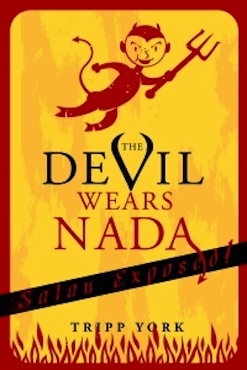
We can have the assurance that God has a good purpose for every tragic event, writes Greg Boyd, without claiming that God allows every tragic event for a good purpose.

Tim Suttle offers a social gospel vision of evangelicalism that calls Christians beyond the individualistic constrictions of contemporary Christianity to a retrieval of the social dimensions of the good news.
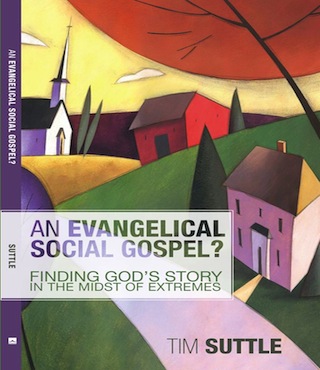
In this interview, the experimental psychologist Richard Beck shares insight from his book Unclean and discusses the ways in which disgust psychology provides confessing Christians with a sobering and instructive reality about the nature of evil.

In this essay, Ryan Davis wrestles with God’s goodness and Scriptural promises in the face of profound physical suffering.
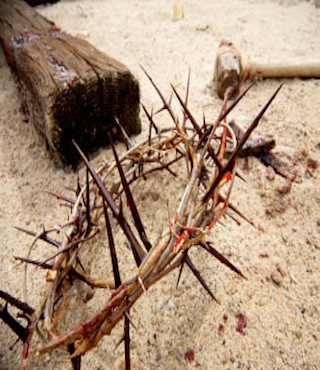
Vic Sizemore reviews Robert Clark’s latest novel, Heaven, which tracks the love affair between two men during the heyday of the American dream.
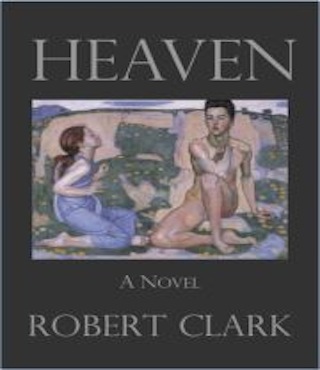
John Piper’s Bloodlines: Race, Cross and the Christian marks the entrance of a major American pastor into conversations about race and the church, but it also displays some problematic views of both race and Christ that ultimately work against Piper’s hopes for racial harmony.
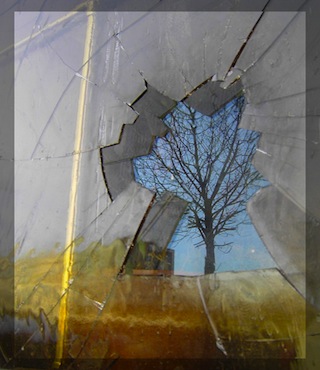
Robert Covolo and Cory Willson draw from contemporary ritual studies and Paul’s understanding of the Corinthian market to navigate the alternative interpretations James K. A. Smith and William Dyrness have on the formative power of cultural liturgies.
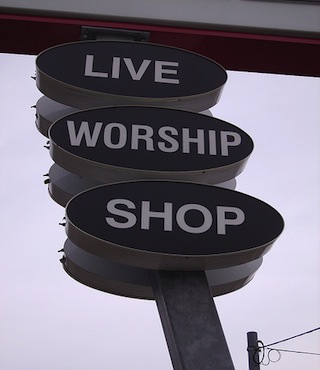
Flannery O’Connor insists that good fiction must be grounded in place; in this essay, Andrew W. E. Carlson discovers that the same can be said for church.

That pain, suffering, oppression, and violence occur in the world is all too obvious. To grasp that the destructive forces we face are evil is not so obvious. This is not because the effects of evil are merely illusions, but because to know something as evil, that is, to recognize it as a force in […]
